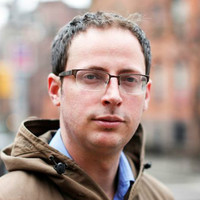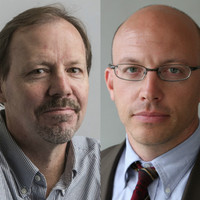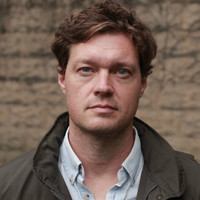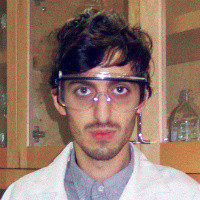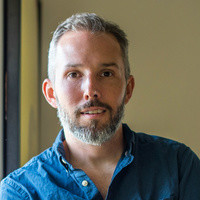Billy Joel on Not Working and Not Giving Up Drinking
“I haven’t put out an album in 20 years. Let’s face it. I am an oldies act. I just don’t want it to be like when you watch Channel 13 and there’s the Delltones or some English band from the ’60s, and they’re real crotchety and they look terrible, and I go, ‘Oh, God, I don’t want to be on that show.’”
